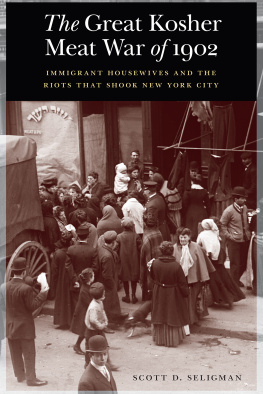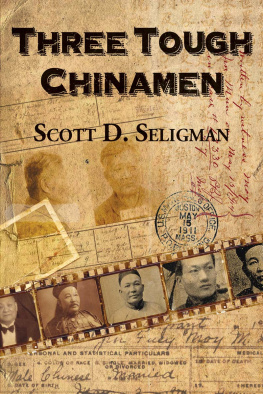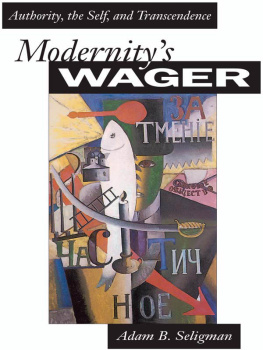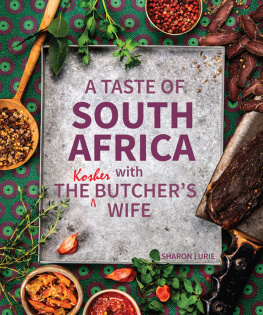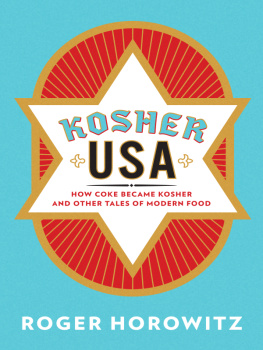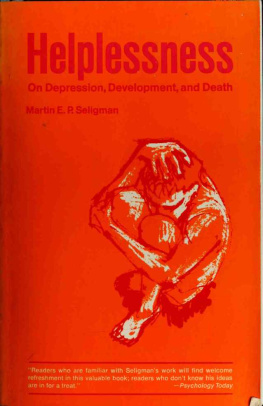Scott D. Seligman - The Great Kosher Meat War of 1902: Immigrant Housewives and the Riots That Shook New York City
Here you can read online Scott D. Seligman - The Great Kosher Meat War of 1902: Immigrant Housewives and the Riots That Shook New York City full text of the book (entire story) in english for free. Download pdf and epub, get meaning, cover and reviews about this ebook. year: 2020, publisher: Potomac Books, genre: Politics. Description of the work, (preface) as well as reviews are available. Best literature library LitArk.com created for fans of good reading and offers a wide selection of genres:
Romance novel
Science fiction
Adventure
Detective
Science
History
Home and family
Prose
Art
Politics
Computer
Non-fiction
Religion
Business
Children
Humor
Choose a favorite category and find really read worthwhile books. Enjoy immersion in the world of imagination, feel the emotions of the characters or learn something new for yourself, make an fascinating discovery.
- Book:The Great Kosher Meat War of 1902: Immigrant Housewives and the Riots That Shook New York City
- Author:
- Publisher:Potomac Books
- Genre:
- Year:2020
- Rating:4 / 5
- Favourites:Add to favourites
- Your mark:
- 80
- 1
- 2
- 3
- 4
- 5
The Great Kosher Meat War of 1902: Immigrant Housewives and the Riots That Shook New York City: summary, description and annotation
We offer to read an annotation, description, summary or preface (depends on what the author of the book "The Great Kosher Meat War of 1902: Immigrant Housewives and the Riots That Shook New York City" wrote himself). If you haven't found the necessary information about the book — write in the comments, we will try to find it.
The Great Kosher Meat War of 1902: Immigrant Housewives and the Riots That Shook New York City — read online for free the complete book (whole text) full work
Below is the text of the book, divided by pages. System saving the place of the last page read, allows you to conveniently read the book "The Great Kosher Meat War of 1902: Immigrant Housewives and the Riots That Shook New York City" online for free, without having to search again every time where you left off. Put a bookmark, and you can go to the page where you finished reading at any time.
Font size:
Interval:
Bookmark:
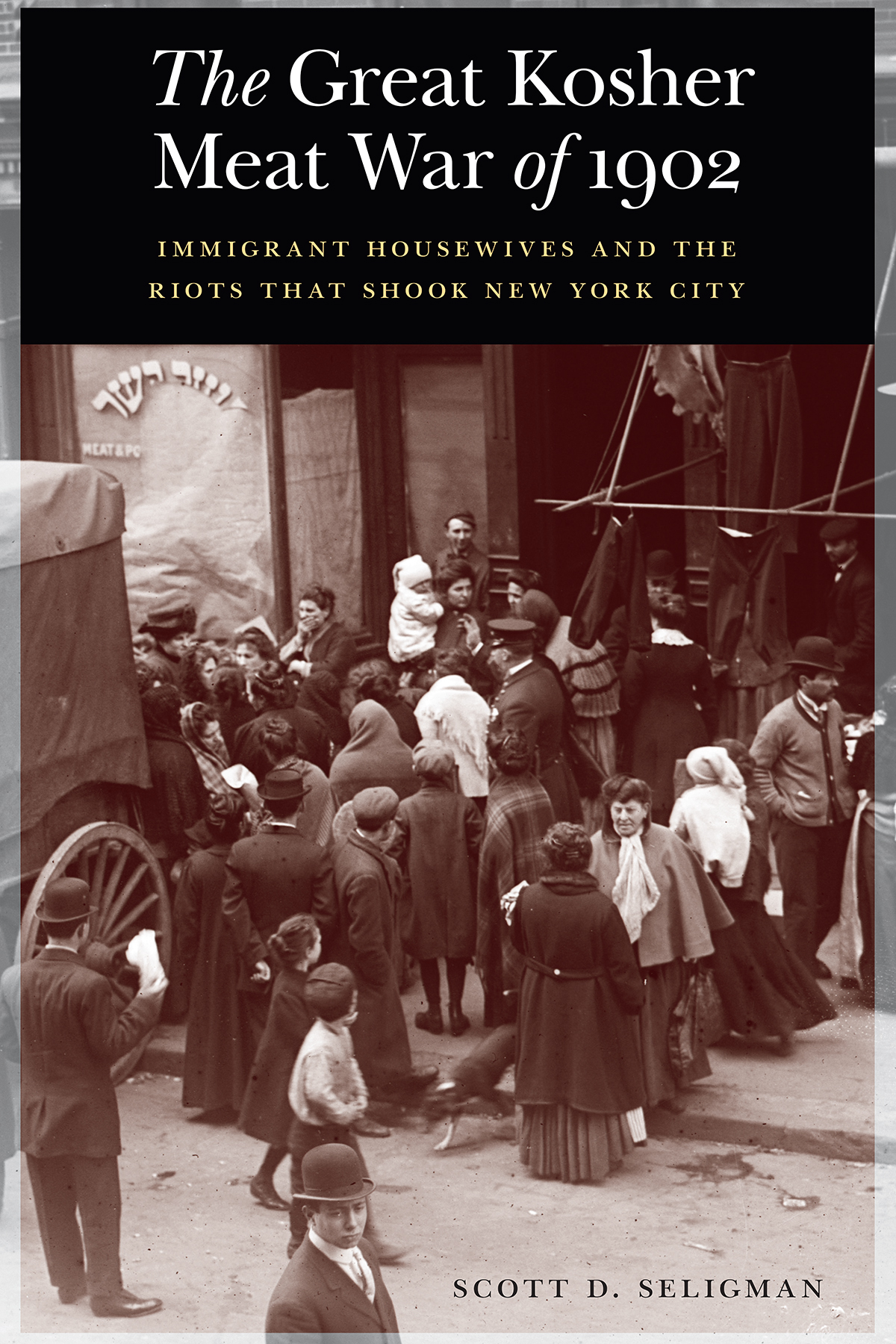
Master storyteller Scott D. Seligman weaves together the disparate narratives of New Yorks 1902 kosher meat boycott, Americas first and only chief rabbi, and the notorious Meat Trust. Deeply researched and engagingly written, The Great Kosher Meat War of 1902 takes its delighted readers back in time to the teeming streets of the Lower East Side and the rough-and-tumble world of its immigrant Jews.
Pamela S. Nadell, author of Americas Jewish Women: A History from Colonial Times to Today
The first blow-by-blow account of the kosher meat boycott of 1902 and the Jewish immigrant women who devised and promoted it. Anticipating both the consumer movement and contemporary Jewish womens activism, The Great Kosher Meat War of 1902 shows how commerce, labor, food, and gender explosively combined at a tempestuous moment in the history of New York City.
Jonathan D. Sarna, University Professor and Joseph H. & Belle R. Braun Professor of American Jewish History at Brandeis University, and author of American Judaism: A History
Why would a strike led by immigrant women in 1902 be important today? In this carefully crafted book, Scott D. Seligman draws from original zaftik (juicy) Yiddish news sources to bring to life the women brave enough to strike against their butchers. At the intersection of religion and politics, their cause gave rise to a mass movement not unlike those of today that pit human values against crass commercial interests.
Miriam Isaacs, professor of Yiddish language and culture emerita, University of Maryland
Scott D. Seligman has performed a bit of a miracle in letting the immigrant Jewish women who led the Great Meat Boycott of 1902 find their voice today. Seligman shows how and why women publicly organized Americas first consumer boycott. Launched from New Yorks Lower East Side to fight precipitous Chicago Meat Trust price hikes, their action spread to other cities, providing a powerful model for future activism.
Elissa Sampson, visiting scholar and lecturer at Cornell University
Scott D. Seligman
Potomac Books
An imprint of the University of Nebraska Press
2020 by Scott D. Seligman
Cover designed by University of Nebraska Press; cover image is from the interior.
Author photo courtesy of the author.
All rights reserved. Potomac Books is an imprint of the University of Nebraska Press.
Library of Congress Cataloging-in-Publication Data
Names: Seligman, Scott D., author.
Title: The great kosher meat war of 1902: immigrant housewives and the riots that shook New York City / Scott D. Seligman.
Description: [Lincoln]: Potomac Books, an imprint of the University of Nebraska Press [2020] | Includes bibliographical references and index.
Identifiers: LCCN 2020010712
ISBN 9781640123588 (hardback)
ISBN 9781640124103 (epub)
ISBN 9781640124110 (mobi)
ISBN 9781640124127 (pdf)
Subjects: LCSH : Meat industry and tradeNew York (State)New YorkHistory20th century. | Kosher food industryNew York (State)New YorkHistory20th century. | BoycottsNew York (State)New YorkHistory20th century. | Jewish womenNew York (State)New YorkHistory20th century. | Women immigrantsNew York (State)New YorkHistory20th century. | Consumer movementsNew York (State)New YorkHistory20th century.
Classification: LCC HD 9418. N 5 S 45 2020 | DDC 381/.45664909747109041dc23
LC record available at https://lccn.loc.gov/2020010712
The publisher does not have any control over and does not assume any responsibility for author or third-party websites or their content.
Food riots have occurred throughout history when supply has been short or prices too high, most commonly in developing countries. Often they are caused when a staple like bread, rice, or meat is suddenly out of reach; at other times anger stems from poor economic conditions overall, when everything is suddenly too expensive or bellies are not full. At such times, consumers dont consider the costs of inputs or the logistics of getting their food to market. They care only about whether it is for sale at an affordable price.
But the Lower East Side of Manhattan was not starving in 1902 when thousands of Jewish women took to the streets in a quest for affordable kosher meat, nor was America a poor country. Although many immigrant Jews lived hand-to-mouth existences, their boycott was never really about hunger. Nonkosher meat was always available and more affordable. But to families that felt duty bound by history, culture, and religion to honor the commandments in Exodus, Deuteronomy, and Leviticus and the rulings in the Talmud that specified in exacting detail which foods were permitted and how and by whom they had to be slaughtered and processed, it was simply not an option.
This book tells the inspiring story of immigrant Jewish women in early twentieth-century New York who, certain of the righteousness of their cause, discovered their collective power and found their political voice. It is an early case study in consumer activism, all the more impressive because it involved mostly uneducated women, some barely conversant in English, with few resources at their disposal. That they managed to organize themselves overnight to challenge powerful, vested corporate interests in their new homeland is remarkable.
For most, it was their first foray into the political and economic arena, and they were treading new ground. Though they could look to the nascent labor movement for inspiration, community organizing was a broader and more complex task than unionizing, requiring educating vast numbers of their compatriots about supply and demand economics and persuading them of the value of short-term sacrifice. And despite the attendant violence, in the main they approached the task in a disciplined and strategic manner, never losing sight of their goal.
Whatever relevant experience these women might have brought with them when they crossed the Atlantic, resistance in America called for breaking out of traditional roles and employing unfamiliar tactics. And it was an America that was itself in the throes of rapid social change.
Here you will also find the very much related story of the Beef Trust, a cartel of greedy, Chicago-based packers colluding to corner the national market for meat. Behind closed doors, they cooperated to depress the prices they paid for cattle, pressure the railroads for kickbacks in shipping fees, manipulate the nations supply of beef and other commodities, and, ultimately, gouge consumers.
At precisely the same time as the Lower East Side boycott, President Theodore Roosevelt set out to expose and break up their syndicate. His administrations prosecution of the beef barons provided the backdrop against which New Yorks Jews struggled to achieve their goal of affordable kosher meat.
Although the true villains in the drama were mostly gentile businessmen located hundreds of miles away, the local scene pitted Jew against Jew: housewives against butchers, butchers against wholesalers, the secular against the Orthodox, Eastern Europeans against Germans, honest rabbis against corrupt ones. It also exacerbated other frictions, such as those between the Jewish community and the police.
The womens need to build a coalition to help carry their water dictated reaching out to congregations, unions, mutual aid societies, philanthropic and political groups, all of which were male-dominated, and eventuallyand probably inevitablymen assumed some control over leadership of the effort. But it was, at its outset at least, conceived, organized, and executed
Next pageFont size:
Interval:
Bookmark:
Similar books «The Great Kosher Meat War of 1902: Immigrant Housewives and the Riots That Shook New York City»
Look at similar books to The Great Kosher Meat War of 1902: Immigrant Housewives and the Riots That Shook New York City. We have selected literature similar in name and meaning in the hope of providing readers with more options to find new, interesting, not yet read works.
Discussion, reviews of the book The Great Kosher Meat War of 1902: Immigrant Housewives and the Riots That Shook New York City and just readers' own opinions. Leave your comments, write what you think about the work, its meaning or the main characters. Specify what exactly you liked and what you didn't like, and why you think so.

